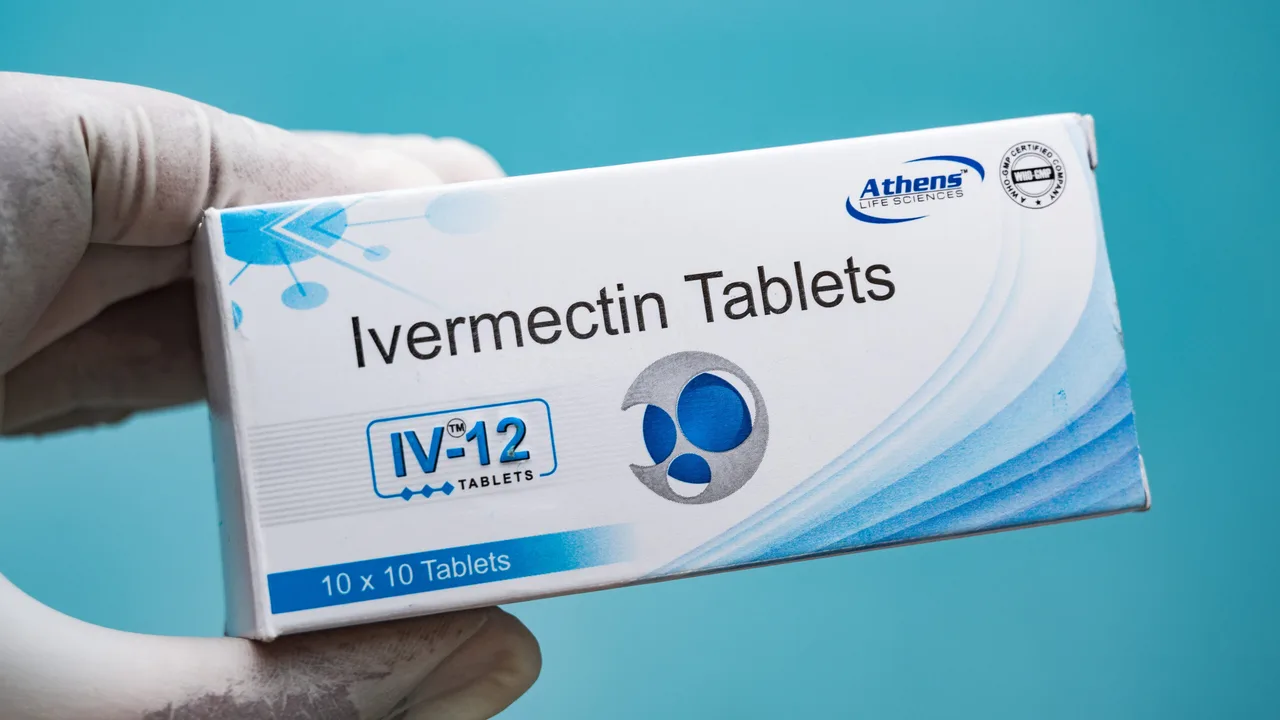PTSD Therapy — What We Published in November 2023
Feeling stuck after trauma? You’re not alone. In November 2023 we focused on how therapy helps people with Posttraumatic Stress Disorder (PTSD) regain control. This page summarizes what we covered and gives clear steps you can use right now to find help—without spending a fortune.
What therapy actually does for PTSD
Therapy works by changing how your brain holds onto traumatic memories and by teaching skills to manage symptoms. Trauma-focused cognitive behavioral therapy (TF-CBT) and Eye Movement Desensitization and Reprocessing (EMDR) are widely recommended because they target the trauma itself. These therapies help reduce flashbacks, nightmares, and avoidance by safely processing memories and teaching coping tools.
Another common approach is Cognitive Processing Therapy (CPT). CPT helps you notice unhelpful thoughts tied to the trauma and replace them with clearer, more balanced thinking. If your daily life is impaired—work, sleep, or relationships—these therapies can make measurable improvements within weeks to months for many people.
Therapy and medication: practical combo
Therapy alone helps many people, but meds can speed recovery or reduce severe symptoms so therapy is more effective. Selective serotonin reuptake inhibitors (SSRIs) like generic sertraline and paroxetine are commonly used. They’re available in affordable generic forms and can be prescribed by a primary care doctor if access to a psychiatrist is limited.
Think of meds as a tool to make therapy work better—not a replacement. If you try medication, give it several weeks to take effect and stay in touch with your provider about side effects and progress.
Where to find low-cost care: community mental health centers, university clinics, sliding-scale private therapists, and teletherapy platforms with lower rates. Many places offer a short phone screening to match you with sliding-scale options. Also look for therapist directories that let you filter by insurance, price, and special training in trauma therapies.
What to ask a therapist before you start: Do you use TF-CBT, EMDR, or CPT? How many sessions do you expect before seeing improvement? What if I’m on medication—do you coordinate with prescribers? If a therapist can’t answer these clearly, keep looking. Clear expectations help you stick with treatment.
If you’re worried about safety or having thoughts of harming yourself, reach out immediately to local emergency services or a crisis hotline. For non-urgent needs, start with your primary care provider, a community clinic, or an online screening tool to get matched with care fast.
Small steps add up. Start by booking one appointment or calling a clinic for options. Therapy for PTSD is practical, evidence-based, and often affordable when you know where to look. You don’t have to navigate it alone.
Get Your Stromectol Prescription Online Today
- Robin Tudge
- November 14, 2023
- 12 Comments
Ever found yourself in need of a Stromectol prescription fast? I know I have, and let me tell you, it's a game-changer being able to sort it out online. Whether you're dealing with pesky parasites or trying to stay on top of your health routine, having this option is just brilliant. In this post, I’ll walk you through the ins and outs of getting your prescription for Stromectol without stepping a foot outside. It's all about convenience and getting you the treatment you need swiftly and securely. So, let's get down to it and find out how to make your life a bit easier with an online Stromectol prescription.
read moreThe Role of Therapy in Treating Posttraumatic Stress Disorder
- Robin Tudge
- November 8, 2023
- 16 Comments
Hi there! Are you or someone you know dealing with Posttraumatic Stress Disorder (PTSD)? This post is going to delve into how therapy plays a crucial role in treating PTSD, and help in regaining control of one's life. We'll be exploring different therapeutic approaches, their effectiveness and how they can alleviate PTSD symptoms. It's extremely important to shed light on this topic as mental health matters. So, stick around, maybe you'll find the information you need.
read more

